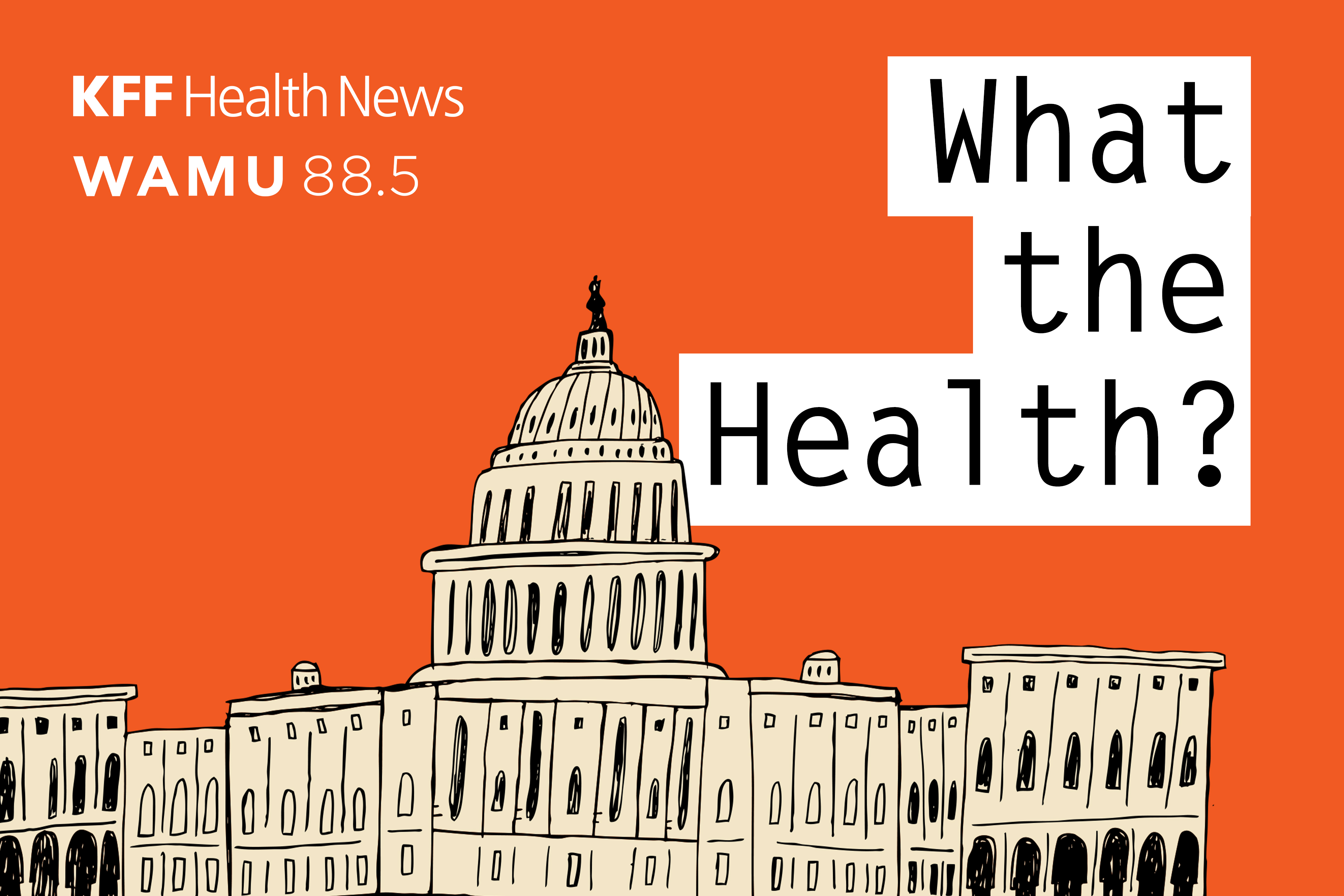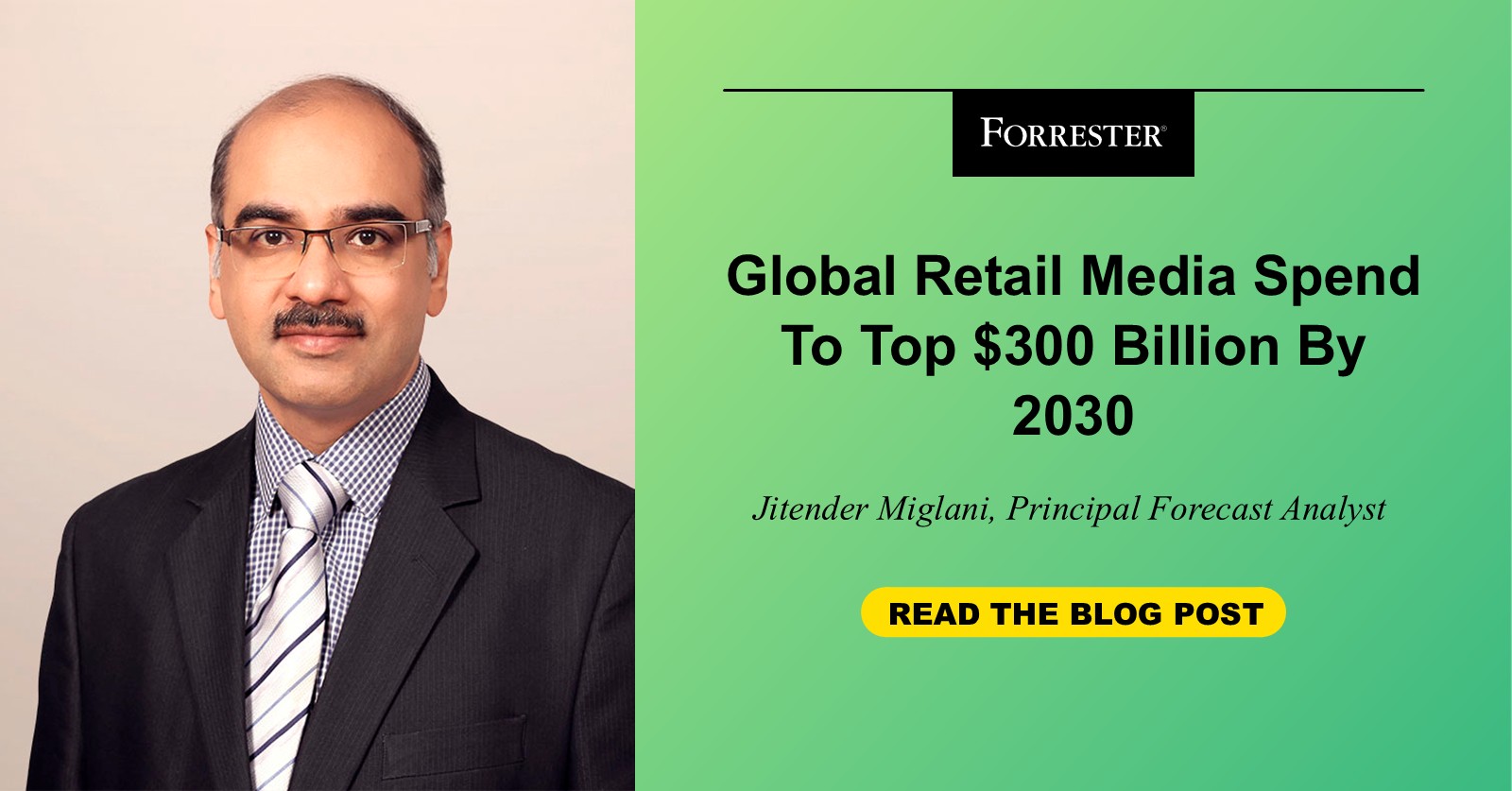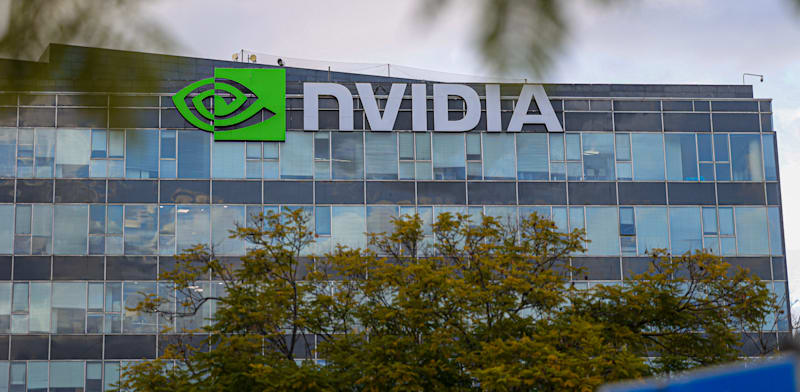A recent literature review from a government watchdog shows that physician consolidation is on the rise. The nonpartisan Government Accountability Office (GAO) found that patterns like practices being acquired by other entities are increasing, leading to fewer doctors working in independent or private practices.
To conduct this analysis, which was requested by Congress, GAO examined peer-reviewed studies from January 2021 through July 2025 and talked with a range of stakeholders.
Physicians are increasingly consolidating with other entities, including hospital systems, private equity firms, and insurers.
Among GAO’s key findings is that physicians are increasingly consolidating with other entities, including hospital systems, private equity firms, and insurers. Hospitals play a sizable role. In 2024, at least 47% of physicians were employed by or affiliated with a hospital system, up from less than 30% in 2012. Private equity owns a small but growing share of the market. From 2019 to 2023, these firms were responsible for 65% of all physician practice acquisitions. Today, nearly 7% of physician practices are owned by private equity, up from about 5% in 2022.
While estimates of consolidations with health insurers vary, in part due to lack of transparent ownership reporting requirements, GAO found that the 10 largest health insurers in the country have acquired physician practices in recent years, suggesting an increase in this type of consolidation.
Profit-Driven Consolidation Is Common
GAO looked at the reasons behind these consolidations. With hospital systems, they cite the potential for more revenue, as “consolidation between hospitals and physicians can result in higher payments for certain physician services when provided in a hospital outpatient department.”
Acquiring physician practices can give Medicare Advantage plans “additional influence over how physicians document patient conditions and how insurers assess patient risk.”
Health insurers, in particular Medicare Advantage plans, may also have profits in mind. As GAO explains, acquiring physician practices can give the plans “additional influence over how physicians document patient conditions and how insurers assess patient risk. For example, Medicare Advantage organizations have a financial incentive to ensure that their physicians record all possible patient diagnoses because adding them can result in higher payments for enrolled Medicare beneficiaries.”
Private equity firms, which typically look to make a relatively quick profit, are also driven by a focus on the Medicare population. Some may consolidate multiple, smaller physician practices; others may invest in practices in geographic areas with growing older adult populations and in practices transitioning to value-based care models.
Spending and Prices on the Rise
According to GAO, existing studies indicate physician consolidation with hospital systems can lead to increased Medicare spending due to services being provided in more expensive hospital-based settings; they also found prices paid by commercial insurers increased following hospital-physician consolidation.
GAO found prices paid by commercial insurers increased following hospital-physician consolidation.
As GAO explains, “One of the three studies found that total spending per Medicare patient increased by 5 percent for selected elective surgery services from 2010 through 2015, due in part to the substitution of physician office visits with visits in more expensive hospital-outpatient facilities. The second study found that consolidation between hospitals and primary care physicians from 2013 through 2016 led to $40 million in increased spending in traditional Medicare for certain imaging procedures and $33 million for certain lab tests, largely due to a shift in the site of service to hospital settings. Similarly, the third study found that Medicare spending on colonoscopies increased by an average of $3,851 per year from 2012 through 2015 for each gastroenterologist who consolidated with a hospital. The study’s authors attributed this increase to an increase in facility fees following consolidation and physician throughput.”
Data was less available regarding other types of consolidation. Although there were fewer studies examining private equity acquisitions and Medicare, several offer evidence of price increases for commercial insurance.
Access and Quality Unclear
Information is also lacking on quality of care, and what is available raises questions about patient safety and the need for additional analysis. For example, several studies GAO reviewed suggested a decrease in quality after a hospital-physician consolidation. And although GAO did not “identify any studies that sufficiently examined the quality effects of physician consolidation with health insurers, corporate entities, or private equity firms,” they found stakeholders’ views on the potential effects to be varied, with some pointing to quality declines. For example:
One study that analyzed Medicare claims data from 2008 through 2015 found that after gastroenterologists consolidated with hospitals, patients undergoing colonoscopies were somewhat more likely to experience certain post-procedure complications such as bleeding, cardiac symptoms, and nonserious gastrointestinal symptoms.
A previous RAND literature review found there is an incomplete understanding of the effects of consolidation on quality of care because most studies do not broadly assess the many dimensions of quality, and many rely on claims data rather than clinical data contained in medical records.
Physician stakeholders said that hospitals may expect physicians to see more patients, which can lead to shorter and less thorough appointments. Other physicians pointed to quality concerns within private equity–owned practices, including that such companies may staff fewer physicians in emergency rooms—a strategy which may lower costs in ways that lead to patient harm. Similarly, hospital-based physicians raised worries about access to care, including that timely appointments can be difficult to get, and that they may be pressured to refer patients to specialists that are part of the same hospital system, limiting the individual’s care options.
Policy Solutions
Studies reviewed by GAO suggest that physician consolidation can lead to higher costs and worse quality. Medicare Rights has long been concerned with the effects of these arrangements on current and future beneficiaries.
Medicare Rights has long been concerned with the effects of physician consolidation on current and future beneficiaries.
While mergers and partnerships have the potential to improve access to care, the risks are substantial. Negative outcomes can be reduced by reforming the ecosystem that allows them to flourish. Specifically, we recommend making profit-driven consolidations less attractive by increasing patient protections and oversight, eliminating overpayments and distortions throughout the system, and enhancing ownership and financial transparency. Such policy shifts should be coupled with efforts to discourage anti-competitive consolidation more generally, including through rigorous anti-monopoly interventions and other strategies to reduce the upward pressure that springs from concentrated markets.
Further Reading
Read the report, Health Care Consolidation: Published Estimates of the Extent and Effects of Physician Consolidation.
More content on Medicare site-neutral payments from our Medicare Sustainability series.


























